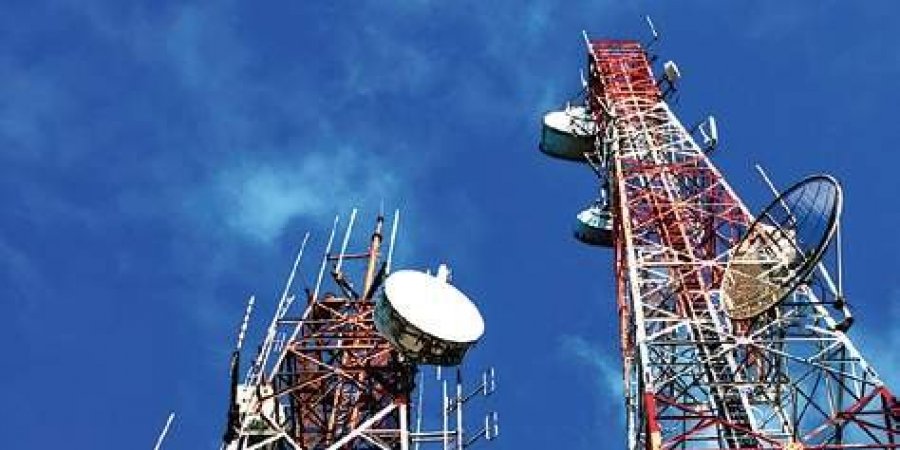
For representational purposes
Uttarakhand offers Rs 40 lakh to companies for setting up mobile towers in ‘dark villages’
Uttarakhand border villages are compelled to use Nepalese SIM cards due to no or poor availability of Indian network providers including the government owned Bharat Sanchar Nigam Limited

DEHRADUN: Amidst border tensions with Nepal and China, in an attempt to boost mobile network connectivity, the Uttarakhand state cabinet on Saturday approved an amendment in the state’s information technology policy to provide incentives of up to Rs 40 lakh for companies which decide to set up mobile network towers in remote areas in ‘dark villages’ of the hill state.
‘Dark villages’ are those with no or poor mobile network connectivity where there is no telecom service provider (TSP) or internet service provider (ISP), leaving them lagging behind in terms of connectivity.
According to state government sources, 438 ‘dark villages’ have been identified till date.
Other decisions by the cabinet also included approval of a proposal for the expansion of a helipad at the Kedarnath shrine in Rudraprayag district up to 5000 square metres till October this year to make it suitable for landing of the Indian Air Force’s Chinook helicopters.
Kedarnath shrine at present has one MI-26 helipad with an area of 2,000 square metres and another VIP helipad with an area of 2,400 square metres. The Chinooks will be used to transport to Kedarnath newly-procured heavy machinery required for rebuilding work after the 2013 floods.
Senior government officials added on condition of anonymity that the helipad’s expansion is important strategically as it can be utilized for landings of advanced IAF helicopters as well as transportation.
In June this year, 49 villages in Pithoragarh district along the China and Nepal borders were equipped with satellite phones amidst ongoing border tensions. The locals however say that this is not sufficient and a robust infrastructure is needed to tackle the problem.
According to the sources, 200-300 satellite phones will be distributed in border areas.
After satellite phones were distributed in border areas of Pithoragarh, Chamoli and Uttarakashi districts, residents complained of inflated call rates up to Rs 25-30 per minute.
Earlier, the state government officials said that the call charges will be fixed at Rs 12 per minute and an SMS would also cost the same amount.
International calls and SMS rates have been fixed at Rs 260 per minute and Rs 260 per SMS.
Uttarakhand border villages are compelled to use Nepalese SIM cards due to no or poor availability of Indian network providers including the government owned Bharat Sanchar Nigam Limited (BSNL).
Many residents had added that with this kind of call rates, Nepalese SIM cards which work in border areas seem a better option.
The receding population on the Uttarakhand-Nepal-China border has become a source of worry for Indian security forces amidst increasing border tensions with Nepal.
According to reports of the Uttarakhand Rural Development and Migration Commission, 14 villages have become totally empty since 2011 while in many parts population has declined ‘significantly’.
Other decisions of the cabinet included clearing various important projects such as ropeway in Yamunotri, approval of 25 megawatt solar power projects for youth under the Chief Minister Employment Scheme and expansion of duration of guest teachers in government degree colleges benefiting 275 teachers.
